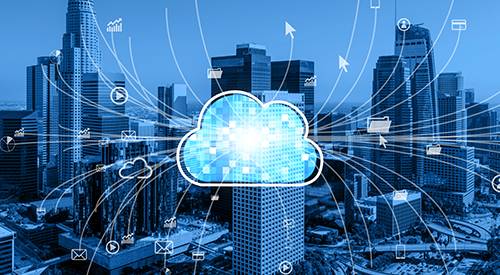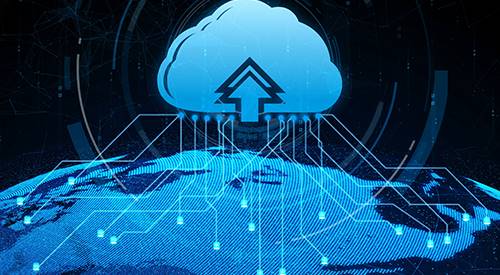6. Use of AI
Google Cloud’s AI and machine learning tools help retailers automate repetitive tasks, personalize customer experiences, and optimize their operations. Retailers can use tools such as Dialog Flow, which allows them to build conversational interfaces for their customers, and Recommendations AI, which provides personalized product recommendations based on customer behavior.
7. Agile Development Process
Agile development is a methodology that emphasizes collaboration, flexibility, and iterative development. Google Cloud’s platform provides tools such as Cloud Build, which allows retailers to automate their build, test, and deployment processes, and Cloud Functions, which enables retailers to build and deploy event-driven microservices quickly.
8. Use of Advanced Analytics
Retailers can leverage advanced analytics to gain deeper insights into their data and make data-driven decisions. Google Cloud’s BigQuery ML allows retailers to build and deploy machine learning models directly in BigQuery, making it easy to analyze large datasets and gain valuable insights. Retailers can also use tools such as Data Studio, which provides an intuitive dashboard for visualizing and sharing data insights.
9. Cloud Data Storage
Google Cloud provides various storage solutions that allow retailers to store and manage their data effectively. Retailers can use tools such as Cloud Storage, which provides a scalable and durable object storage solution, and Cloud SQL, which provides a fully managed relational database service. These solutions allow retailers to store and manage their data cost-effectively and with high durability and availability.
10. Partner Ecosystem
Google Cloud’s partner ecosystem provides retailers access to various third-party solutions and services. Retailers can leverage these solutions to enhance their operations, optimize their marketing campaigns, and gain deeper insights into their data. Google Cloud’s partners include consulting firms, system integrators, and technology providers.


